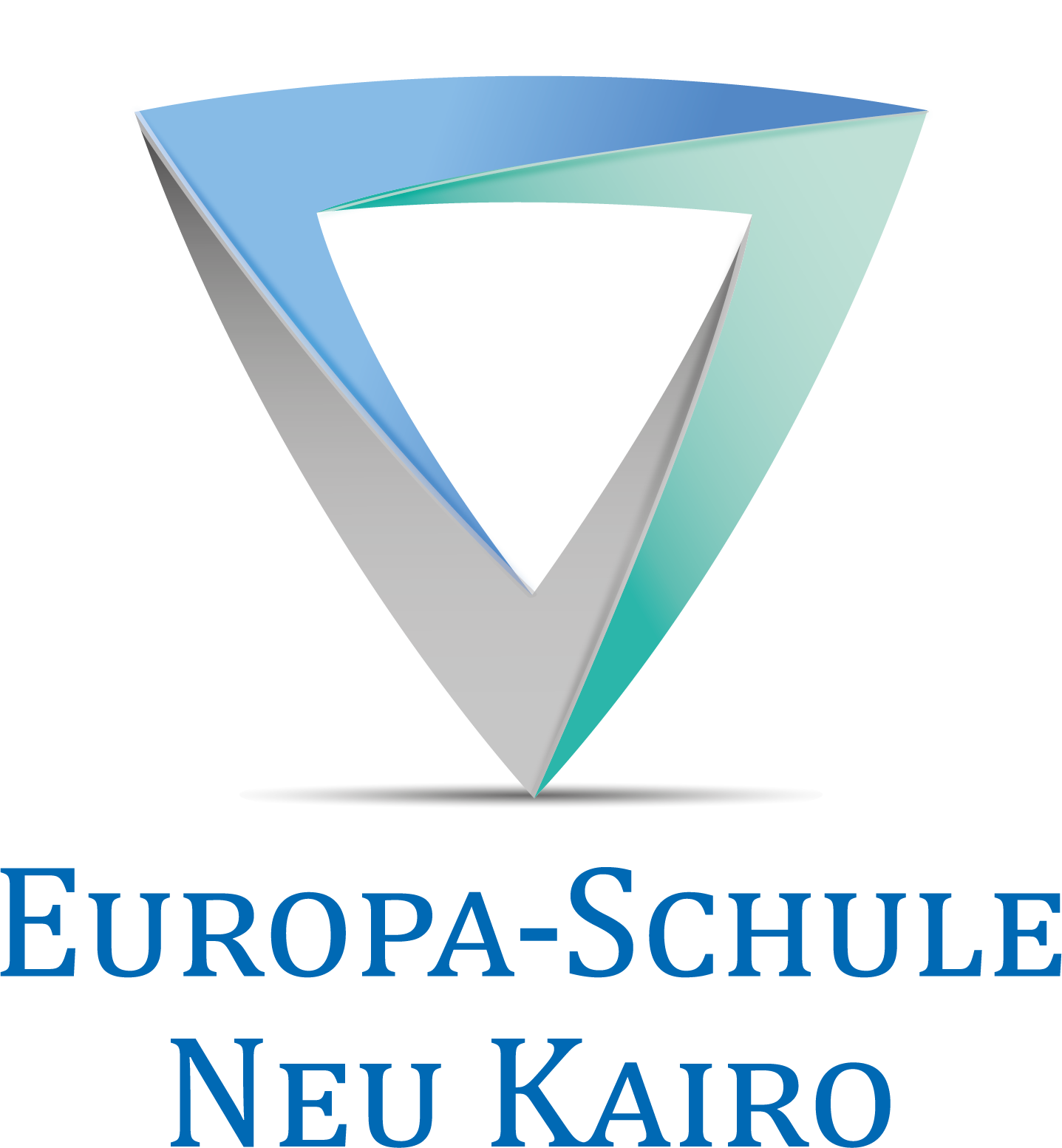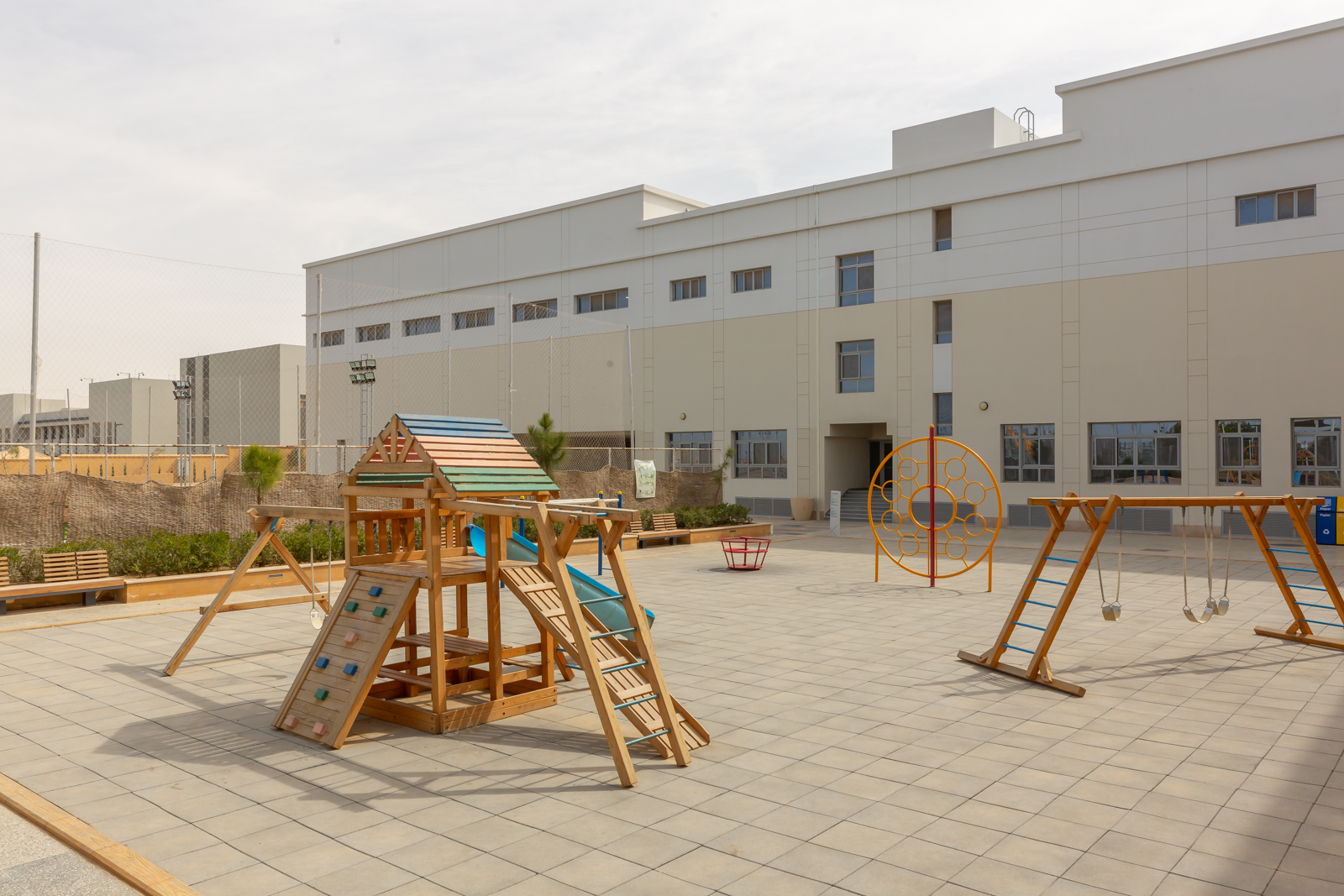

Subjects
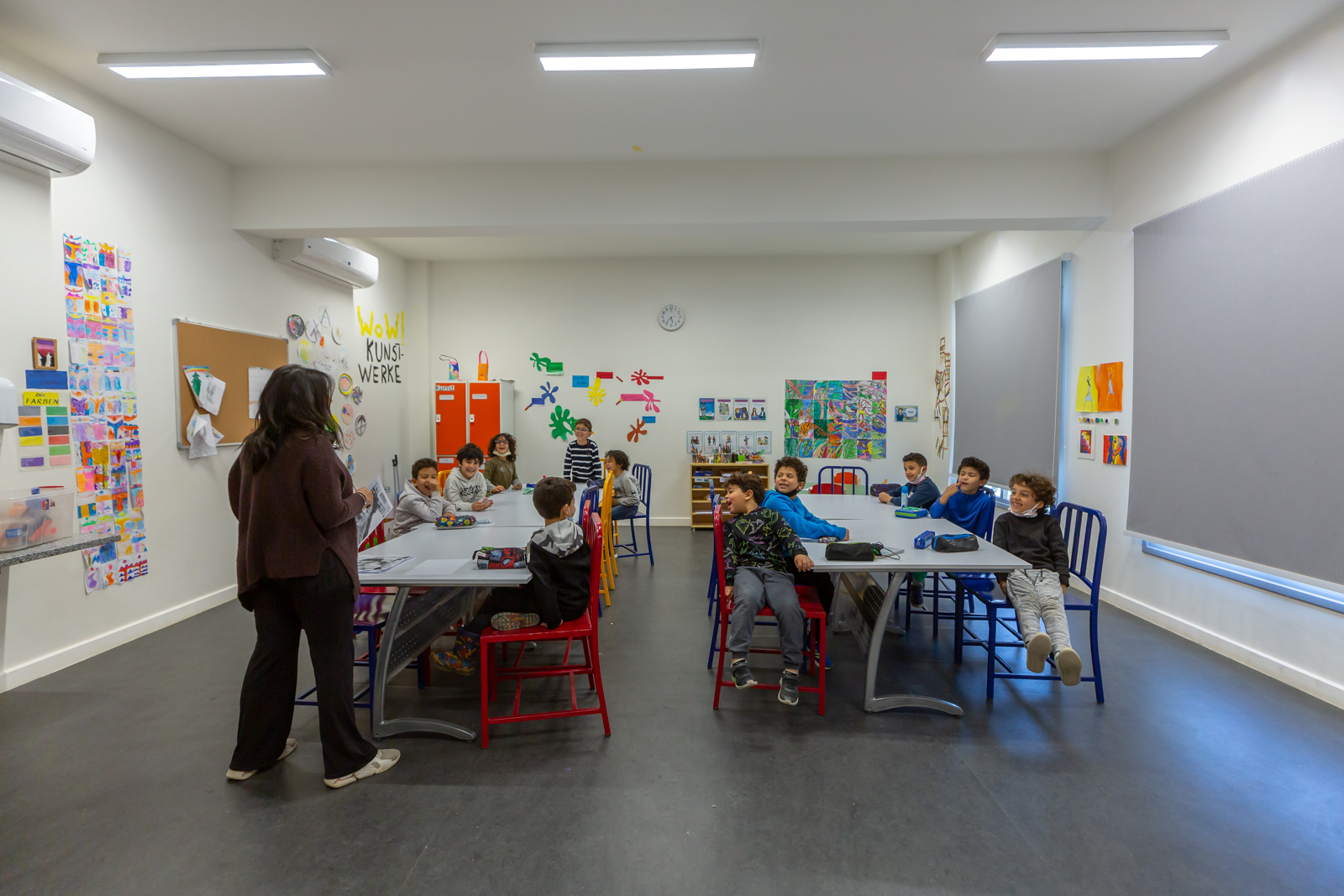
Our English and Math curriculum is rich, balanced and promotes active learning, personal growth and development. We use a formal curriculum plan that follows the Cambridge Curriculum Framework. In addition, our students take part in a variety of activities that encourage them to think about the knowledge or skills they are learning rather than the task itself.
Our English Curriculum aims to promote high standards of literacy by ensuring that students read easily and fluently, acquire a wide vocabulary and write clearly and accurately.
Our Math Curriculum aims to ensure that all students become fluent in the fundamentals of mathematics through varied and frequent practice of mathematical problems of increasing complexity.
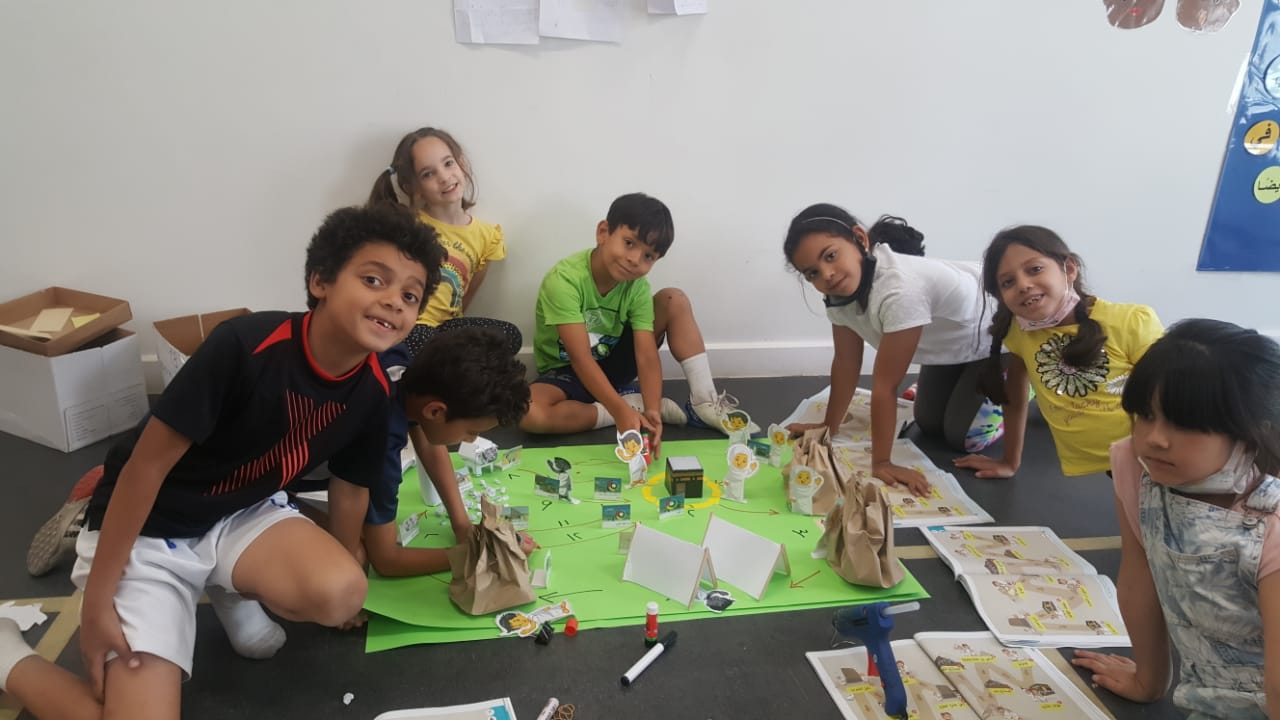
Our main goal in the European School is to strengthen the principle of Arab identity among our students, which must be instilled in them from an early age. We prioritize the consolidation of the Egyptian identity in the students and their pride in it, this is done by studying everything related to our beloved country, and following the best international practices of teaching and assessment approach and then integrating it with the curricula of the Egyptian Ministry of Education in line with the International Baccalaureate system. We obtain the greatest benefit for our students through focusing on developing their reading and writing skills and building their personality by raising their level of self-confidence.
We ensure that the teaching staff is carefully trained on using several strategies, including:
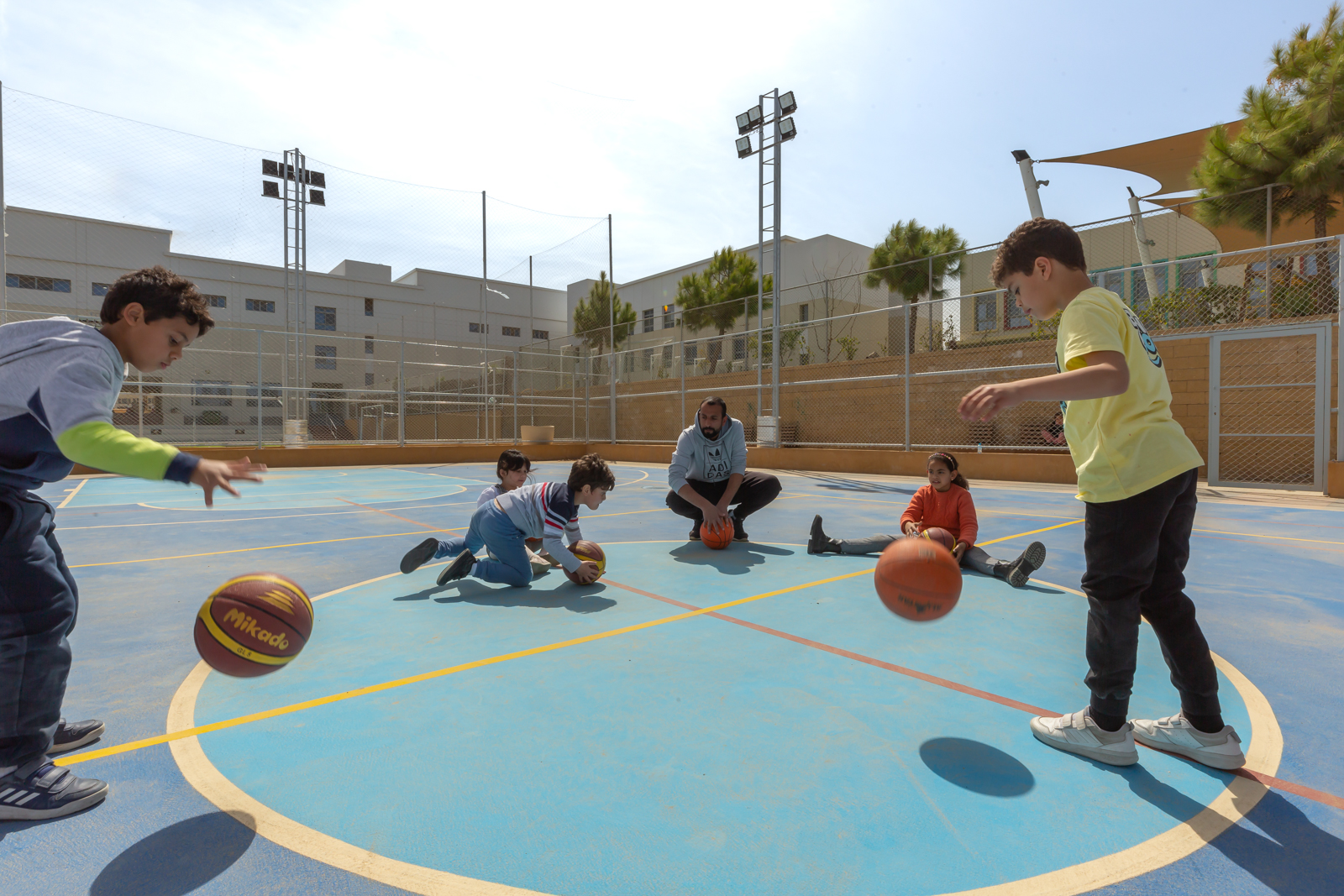
Physical education.
A high-quality physical education curriculum inspires all pupils to succeed and excel in competitive sport and other physically demanding activities. It should provide opportunities for pupils to become physically confident in a way which supports their health and fitness. Opportunities to compete in sport and other activities build character and help to embed values such as fairness, sportsmanship and respect.
Subject content:
Pupils develop fundamental movement skills, become increasingly competent and confident, and access a broad range of opportunities to extend their agility, balance and coordination, individually and with others. They engage in competitive (both against self and against others) and co-operative physical activities, in a range of increasingly challenging situations.
developing balance, agility and co-ordination, and begin to apply these in a range of
activities
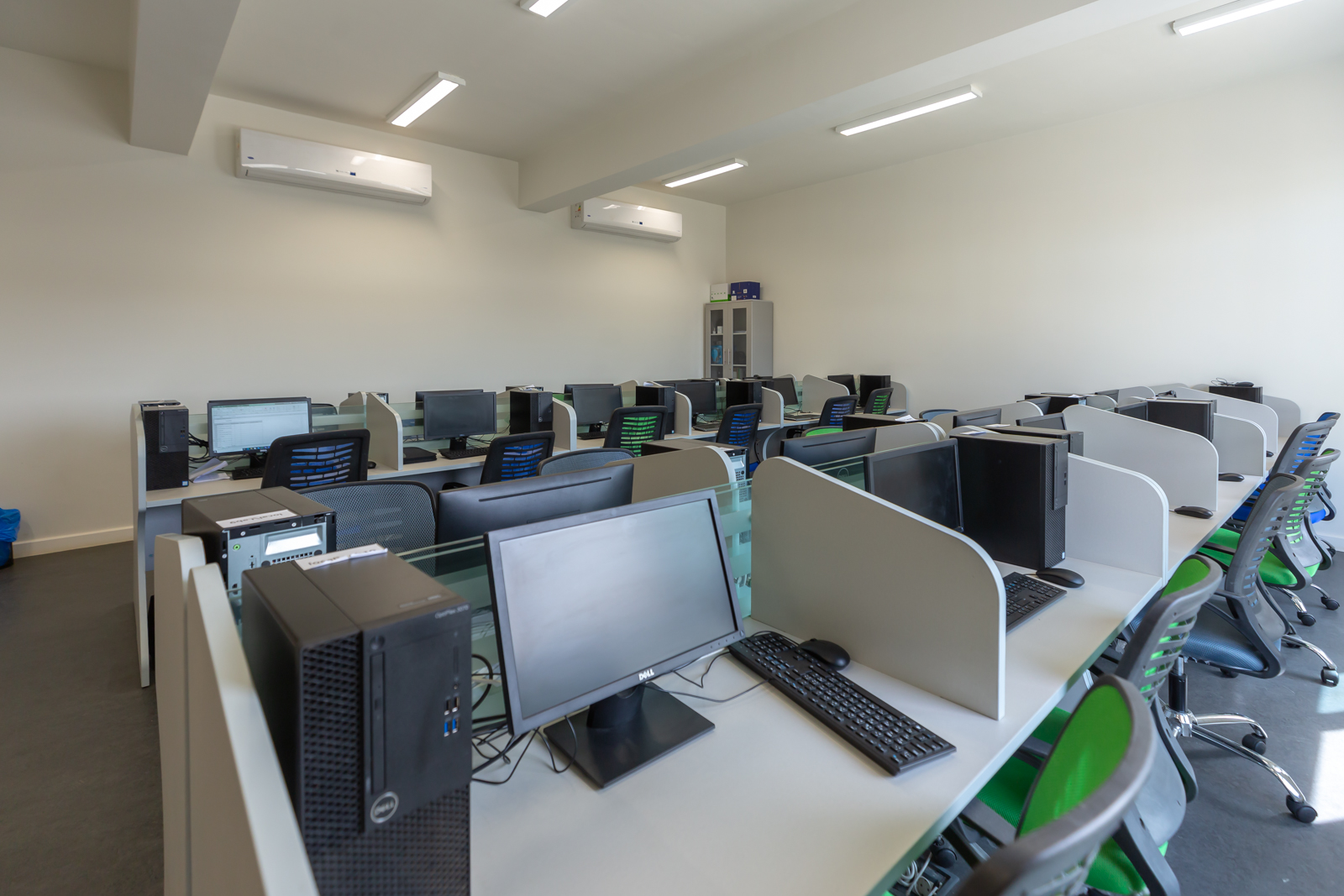
Computer Science offers students an introduction to the basics of technology, electronic data processing and the proper use of computers. This includes learning how to use software applications such as word processing, spreadsheets or graphics processing programs and clearly differentiating between software and hardware. We attach great importance to creativity, independence and discovery-based learning in the classroom. Thus, the students are always encouraged to try out new things and to challenge themselves outside of their knowledge area.
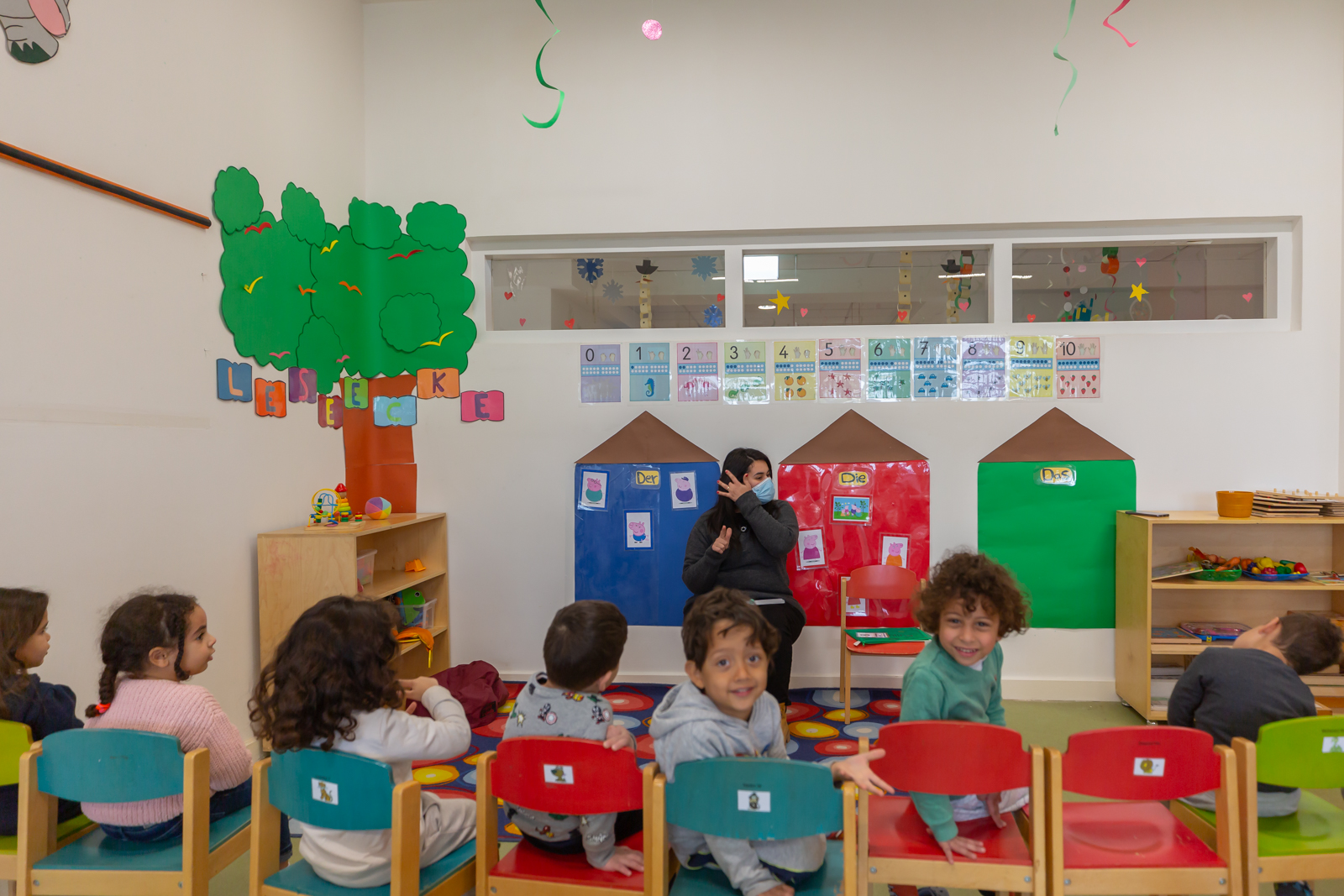
Geogtaphy & History
We follow the UK National Geography Curriculum Framework which aims to ensure that students develop knowledge of the location of globally significant places and to use world maps, globes, and atlases to locate countries, continents, and oceans. Students are further able to describe and understand the processes that give rise to key physical and human geographical features of the world.
The modern history book „Geschichte und Geschehen“.
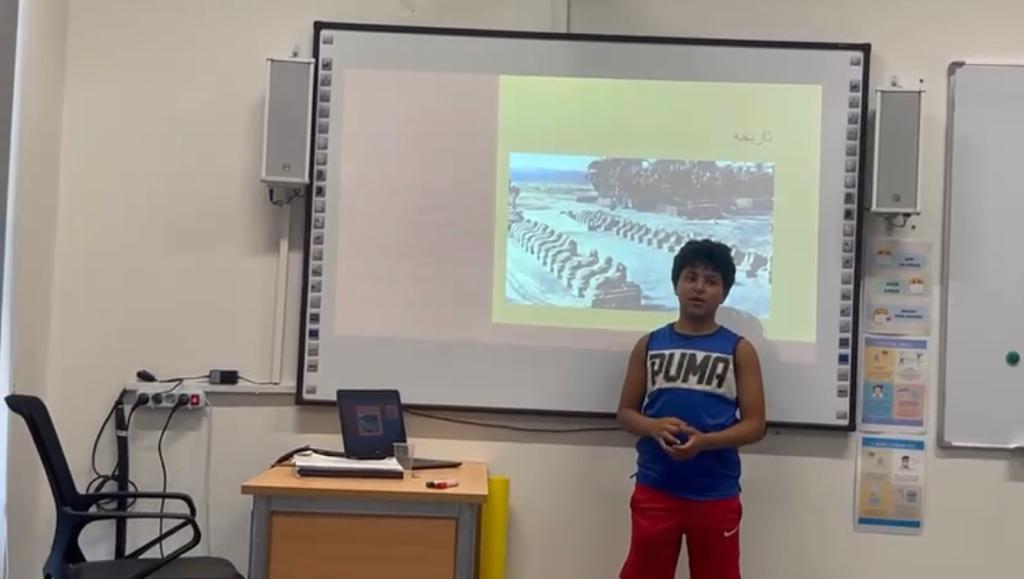
Biology is the science of living beings and thus a remarkably interesting subject for students. At ESNK, biology is taught from Grade 5 onwards and is based on the Natura 1 textbook.
The Natura textbooks offer our students a variety of particularly vivid and highly motivating content that is always connected to the real world around them and includes: –
- Many appealing photos, pictures, and easy-to-understand graphics.
- Tried and tested, easily feasible experiments (also for home).
- Current and technically sound texts.
- “Test yourself” pages for repeating the learning content.
- Many motivating interactive modules, fascinating 3D animations and videos
Examples of the topics of biology lessons in Grade 5 are: – Domestic and farm animals, animals in different habitats, vertebrates, flowering plants.
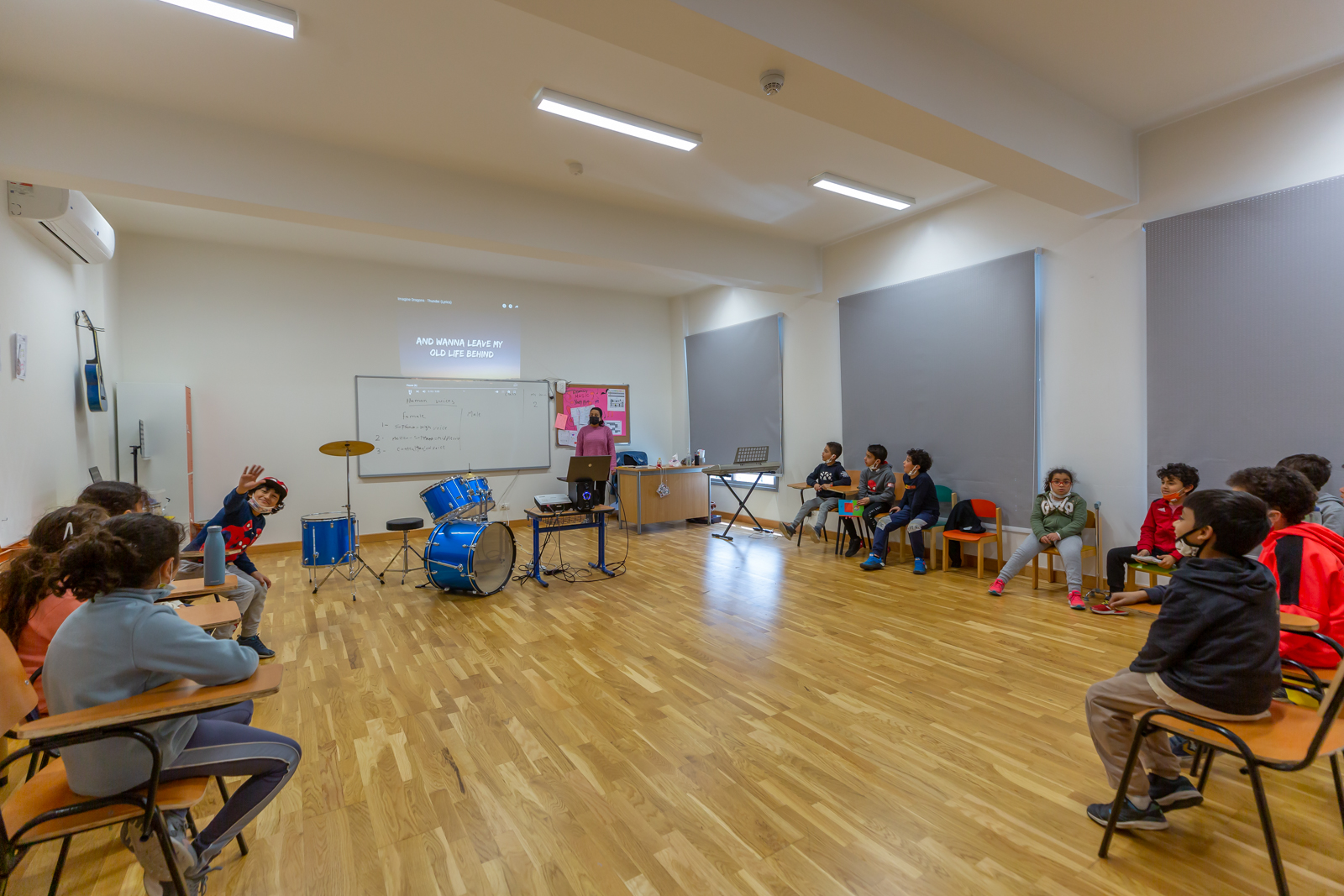
Music broadens learners’ experiences as they make, create and explore their own music along with music from different cultures, times and places. It sparks imagination, requires problem solving and builds intellectual curiosity.
The curriculum emphasizes musical exploration with opportunities for learners to perform and present their music at every stage of development for cooperation by the choir and band.
Students develop a genuine depth of musical understanding, so they can both make music and make sense of music in a fun environment.
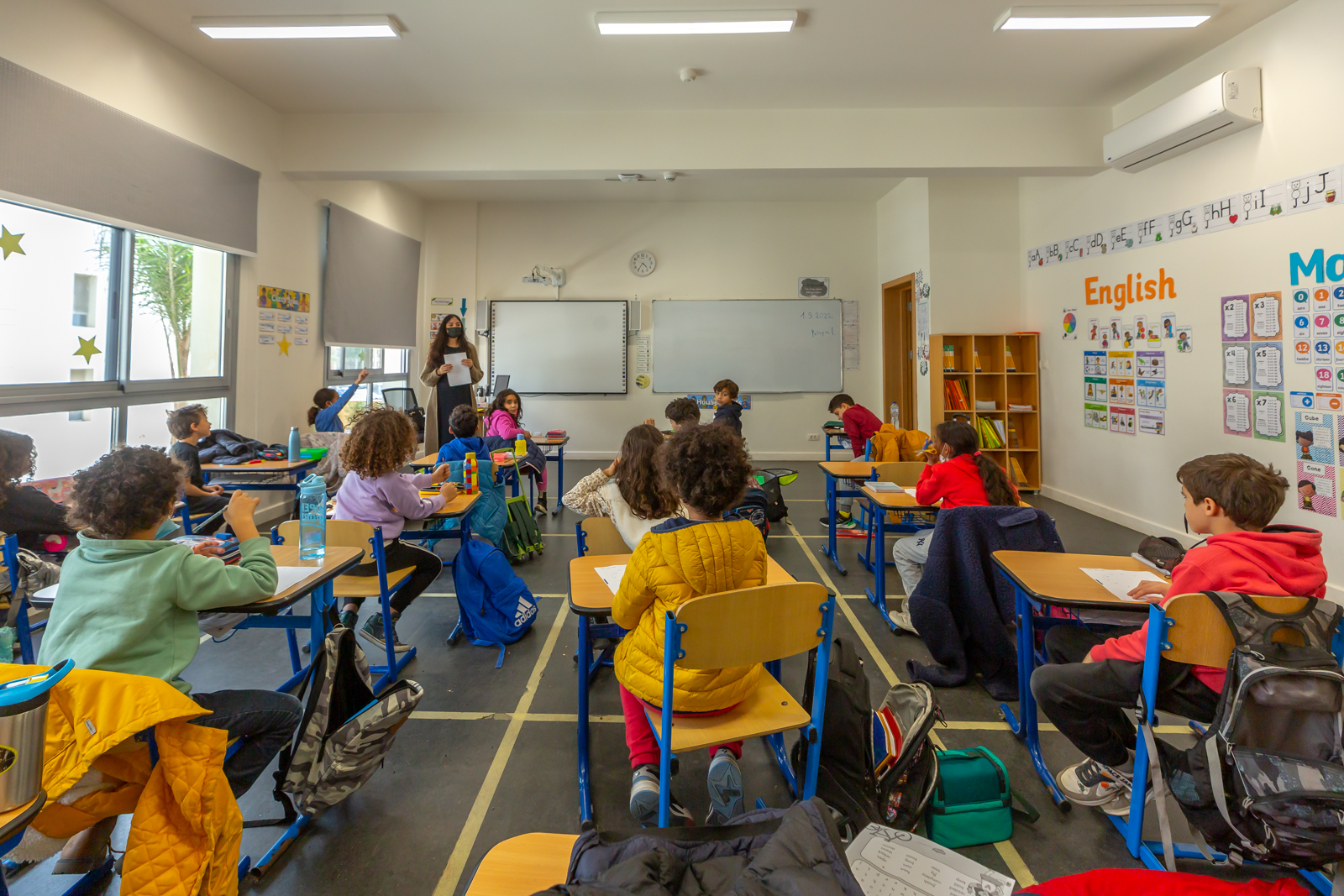
The German lessons in the Primary School are built on the language skills acquired in the kindergarten and preschool. Reading and writing skills, as well as the first application of grammatical rules, are taught to students in the first grade of Primary School according to the curriculum. Through varied learning methods, differentiated learning tasks, but also enough time to speak freely, the interest in and enjoyment of the German language is enhanced. The skills acquired are deepened in the higher grades, the students can fully converse in German, have more cultural skills, confidently use the German language inside and outside of school.
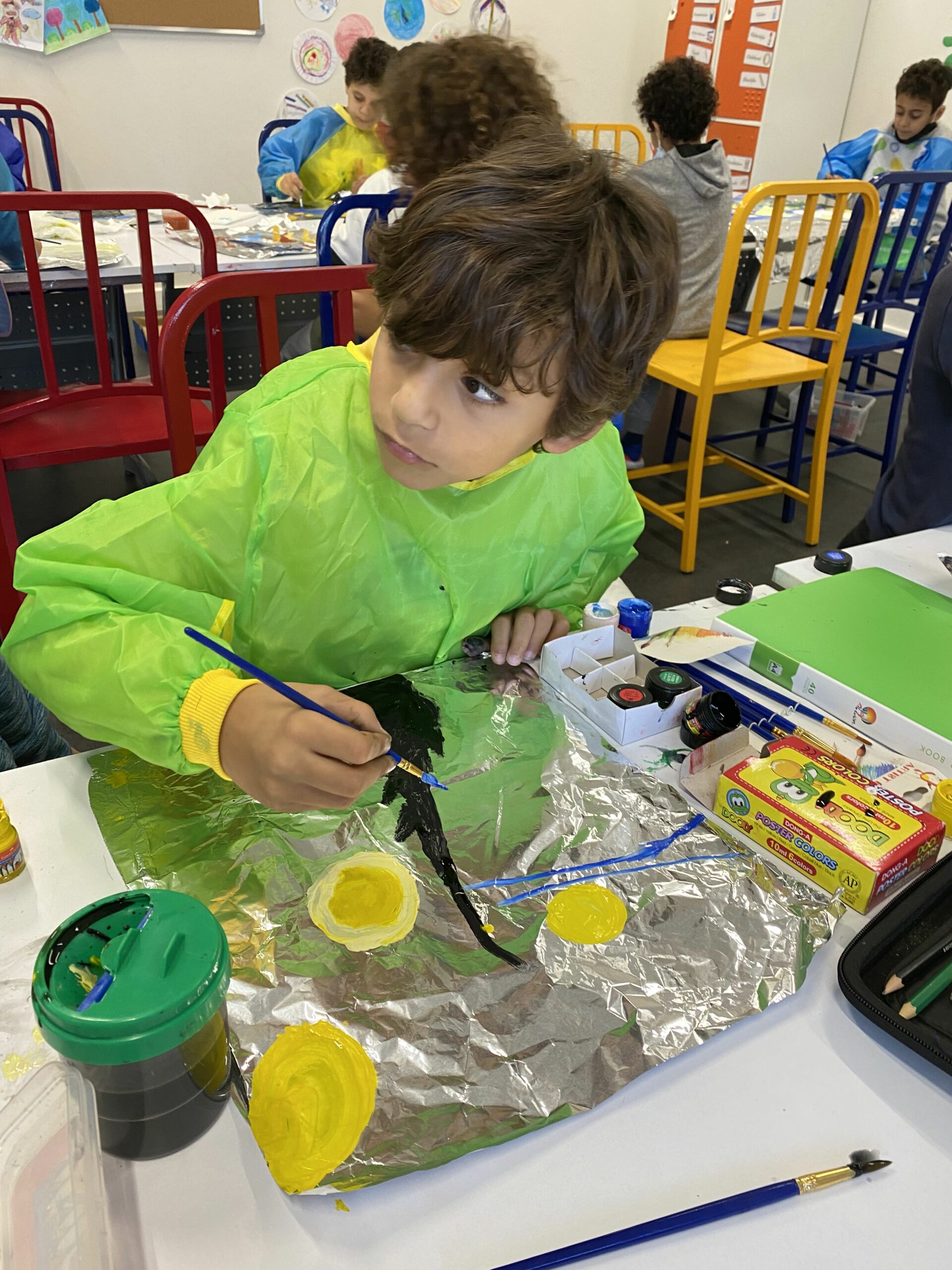
Art is not just about crafts and coloring, it is one of the most essential subjects that teaches creativity, openness and enriches a child’s knowledge.
At ESNK, we integrate art practices and art theory at an early age. We encourage a creative learning environment by teaching the students new ways to explore their full potential.
We follow the Thüringer Curriculum for Arts.
The curriculum helps the students learn about visual arts and artists, different techniques, varied materials, and visual media.
Visual Arts and Media help the students to learn about their limitless fantasies, creativities, and potential from an early age.
It helps them consider and explore their own ideas and thoughts to enable them to turn them into tangible products.
Finally, in our lessons students are encouraged to communicate through art, which helps them voice out what they might not be able to express normally.
